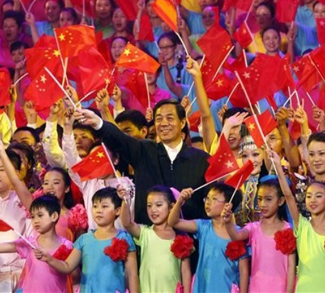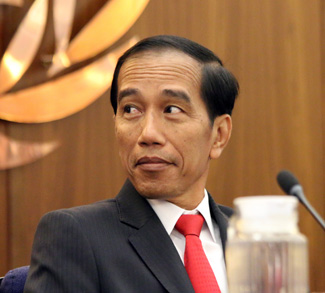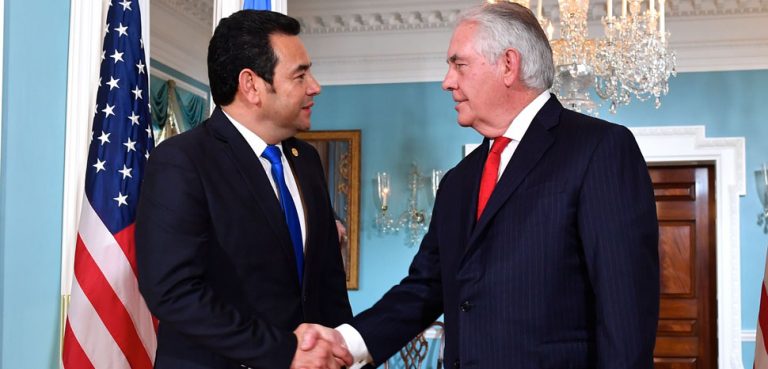Summary
August 5th marked former Ukrainian Prime Minister Yulia Timoshenko’s third arrest since June. Mrs. Timoshenko has been charged for allegedly signing an illegal gas deal with Russia in 2009 when she was in office. A host of western nations and the EU have condemned her arrest, citing power politics rather than legal grounds as cause for the indictment. Allegations by these groups against Ukraine also threaten its status within the EU and its integration into any western security alliance, especially NATO.
Analysis
Hundreds of opponents and supporters of Ukraine’s ex-Prime Minister Yulia Timoshenko congregated around the state courthouse in Kiev as the Timoshenko trial goes into its seventh week. On the 20th of December 2010, Ukrainian state prosecution charged ex-Prime Minister Yulia Timoshenko with abuse of office. Timoshenko has been indicted on the basis of having ended a gas deal with Moscow in early 2009, causing an interruption of Russian gas supplies, leading to crisis conditions in various parts of the EU. The prosecutor’s technical argument has been that Mrs. Timoshenko exceeded her authority in pushing the gas deal through without consulting her government, thereby committing a fundamental procedural error. However, critics have pointed to flaws in the indictment, stating that charges on abuse of office in committing to a gas deal with Russia are unfounded.
Most recently, Ms. Timoshenko has requested the European Court of Human Rights to decide if the charges are politically motivated, as presently Ukraine holds the position of chairman-in-office of the Council of Europe. Both the European Union (EU) and the United States have expressed concerns about the political motivation behind these charges. In fact the leader of the Christian Democrat faction of the Council of Europe’s Parliamentary Assembly recently declared that the “politically motivated prosecution of the opposition, particularly Timoshenko, is not consistent with European standards.” Due to these concerns, on June 9th, 2011, the European Parliament adopted a resolution for Yulia Timoshenko’s case, and other significant former Ukrainian government officials expressing concern about “the increased selective prosecution of figures from the political opposition in Ukraine.”
Regional and International Implications
The ramifications of this case may increase on an international and European level over the next six months as the trial mirrors an important EU-Ukraine political agenda. The EU plans to host a prestigious Eastern Partnership Summit at the end of September, in which Ukraine is likely to be the most important partner state due to its political significance and size. Additionally, Ukraine and the EU want to establish a Deep and Comprehensive Free Trade Association Agreement (DCFTA) and have set December as the targeted time frame to ratify this document. However, it is important to note, that in order for the EU to ratify any such treaty, it must be agreed upon by all 27 national parliaments as well as the European Parliament.
It is likely that this case will continue to evolve in the Ukrainian justice sector with possible involvement of the European Court of Human Rights. With the involvement of the EU, the government and judiciary in Kiev will likely find themselves under increasing pressure to ensure that legal proceedings are both politically just and legally correct. If equitably managed, there is time for Ukraine to resolve the matter before its various meetings with the EU between September and December. This is an especially pertinent issue for Ukraine as there has recently been heated debate within Europe of the state’s democratic retreat. Since adopting a ‘non-bloc’ status in 2010, the country’s evolving international collaboration in the security sector has been largely ignored by European Union policy-makers. At present, political experts claim that analysis of the current stage of the EU-Ukraine security relationship has led to a startling conclusion; while the EU is concerned about the close Ukrainian-Russian dynamic, the EU has been seeking increased collaboration with Russia on security issues, threatening Ukraine’s role in the emerging European security complex. Additionally, Ukraine’s ‘non-bloc status’ also prevents its integration into any international security alliance, especially NATO, on a legislative level.
In fact, much of the Ukraine’s political future hangs upon this case, and more significantly, the Yanukovych administration’s international reputation. Most notably, the European Parliament will be following the case closely, and its resolution will largely determine whether the EU will or will not ratify the proposed Association Agreement (DCFTA). Theoretically, the European Parliament is legally entitled to stop the Agreement from entering into force at any time and under any circumstances, if criticisms of the Timoshenko case increase in credibility and volume. Thus, it is in Ukraine’s best interest to ensure that the controversy does not escalate to the point at which this becomes a prospect.
Kavita Bapat is a contributor to Geopoliticalmonitor.com



